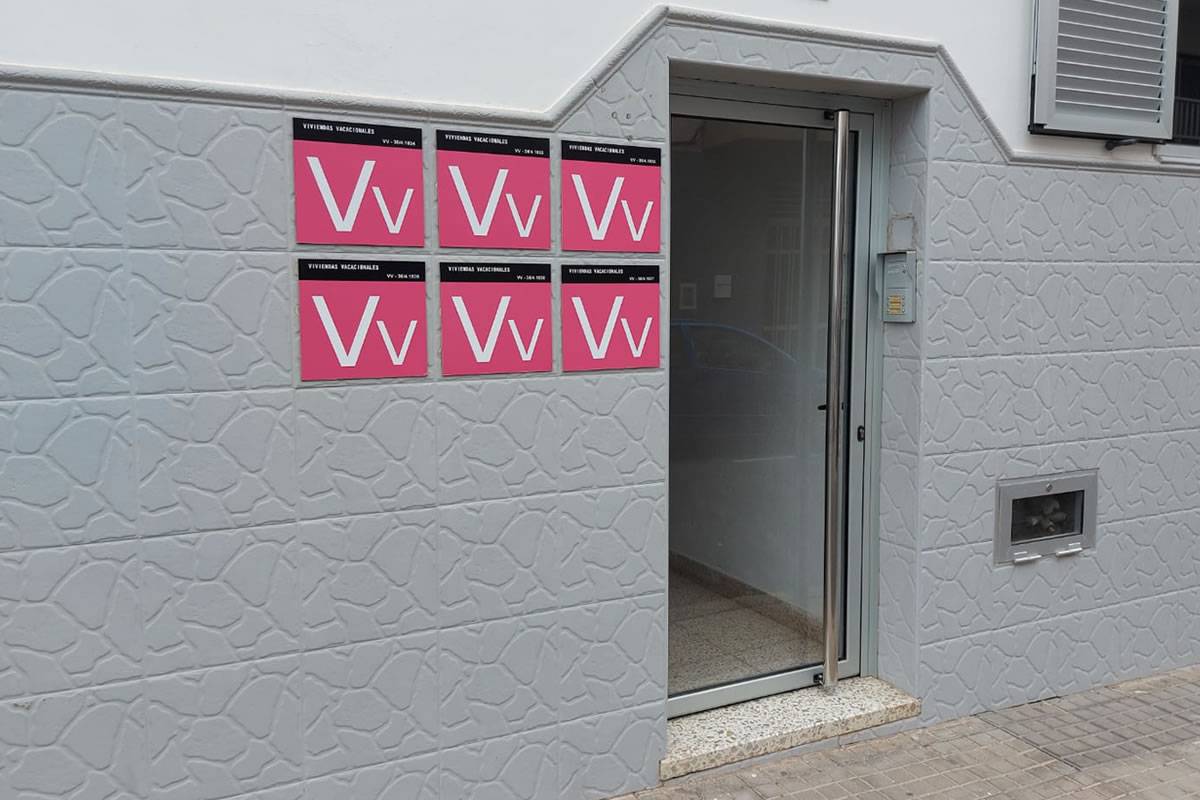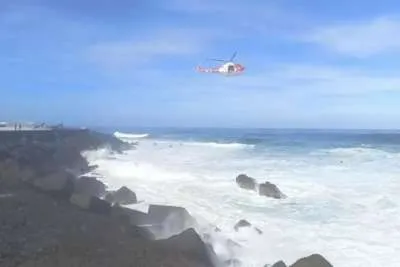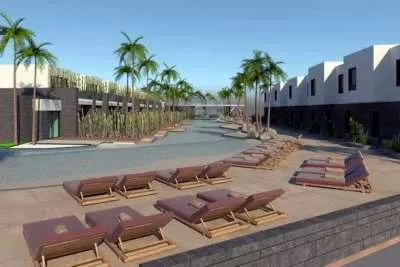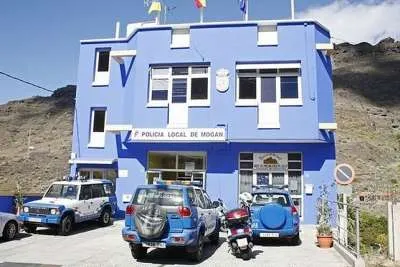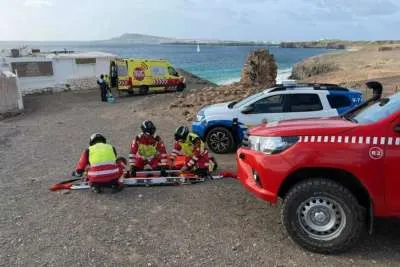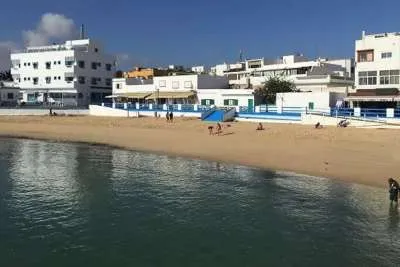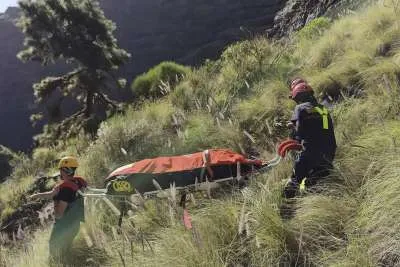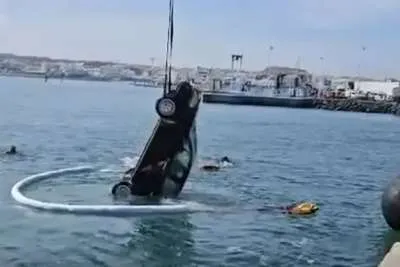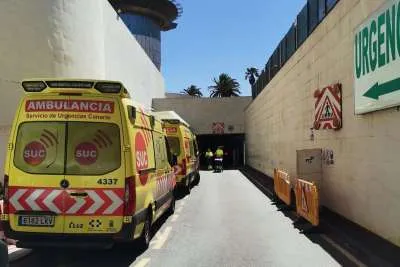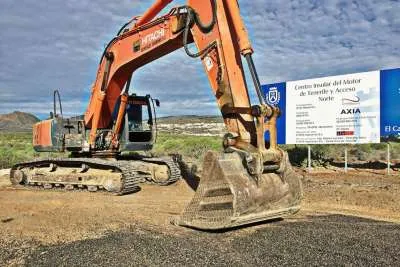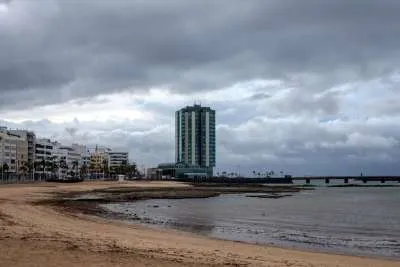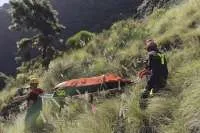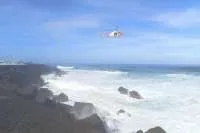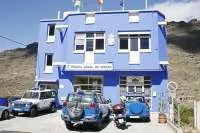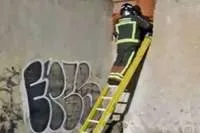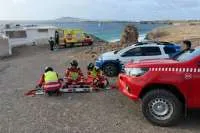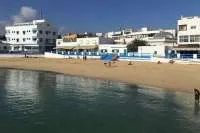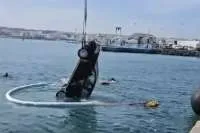Ascav propose suspending the issue of VV licences and an Eco-tax on all accommodation
- 07-05-2024
- Business
- Canarian Weekly
- Photo Credit: CW
The association that represents holiday homes and rentals in the Canary Islands, Ascav, has submitted objections to the draft of the new law for the regulation of tourist use of housing presented by the regional Government.
Among the fourteen proposals are a temporary restriction on the registration of new holiday homes and VV licences, and an "ecotax" aimed at addressing housing issues, among other points.
During a press conference, Doris Borrego, president of Ascav, emphasised that the objective is to regulate and organise the activity "from a sustainability perspective."
Unlike the Government's draft, this proposal is "inclusive without crushing the sector and eliminating current holiday homes, while excluding families from a tourism that is everyone's heritage," Borrego stated.
Overview of Ascav’s proposal
Ascav's proposal, which is tougher than the draft law and was registered last Friday, is based on fourteen key points. Among them is a temporary moratorium that prohibits the registration of new holiday homes in municipalities that exceed 10% of the housing stock, and 20% in La Palma, La Gomera, and El Hierro.
This measure would be valid for one year to provide "more than reasonable time" for municipalities. If they haven't regulated vacation homes within this period, the moratorium will expire.
Another crucial measure proposed by Ascav is the introduction of an ecotax or tourist tax on all tourist accommodations. This tax aims to be "controlled to distribute and assist with the housing problem," to conserve the environment, and to ensure the Canarian government's involvement in residential rental or public housing promotion.
Borrego suggested that the Canarian government should incentivise increasing residential rental properties for those willing to switch from vacation rental to residential and to bring the 211,000 vacant homes in the Canary Islands to the market.
Borrego emphasised the need for the Canarian government to guarantee rental income for property owners in case of non-payment, "always at market price," to address the "serious problem of legal insecurity" caused by housing laws. She acknowledged that this is a "bold measure" but necessary, urging the government to act because there are five times more empty homes in the islands than necessary.
The proposed text also includes the expiration of responsible declarations for those holiday homes that are registered but not used for tourism purposes. Borrego described this as a fundamental measure against the "pull factor" created by the announcement of the draft law, and as useful for understanding the real situation of the sector, distorted by unused properties with VV licences.
Ascav has drawn a red line in consolidating existing vacation homes, questioning the need to exclude them and generate unemployment and precariousness in the Canary Islands if the 10% quota hasn't been reached.
The vacation rental sector creates 48,000 jobs and has an economic impact of 2.7 billion euros "only in direct accommodation" plus nearly 90 million in IGIC. Borrego warned that if the Canarian government implements measures that discourage the sector, there will be a flood of demand for compensation estimated at 800 million euros, to be paid by Canarian tax payers.
Furthermore, Borrego stressed the importance of distinguishing between complete vacation rental buildings and private owners, suggesting that the former should become hotels or continue as holiday rentals "as long as they provide as many residential properties as vacation rentals in the municipality."
Regarding the amendment text, measures such as legalising the non-hotel accommodation that has been withdrawn from the market were proposed. This is because many registered holiday homes are apartments or bungalows that owners withdrew due to "the meagre income they received" and the push to fight against illegal offerings that "tarnish the tourism sector."
Ascav proposes that the Canary Islands require platforms not to accept or deregister offers without tourist registration, establish mandatory insurance and liability policies to "protect users," equip holiday homes in communities with noise control devices, and establish a mediation body for disputes in these buildings.
Finally, Borrego called for the sustainability of holiday homes with "achievable objectives and not unattainable ones as proposed in the draft law, including appliance upgrades to class A, low-energy lighting, and domestic waste classification.”
Javier Valentín, the lawyer for Ascav, appealed to municipalities to organise according to zoning or maximum density criteria, as the current situation is due to their negligence. He also extended a hand to the Canarian government to reach a valid solution for both parties.
Other articles that may interest you...
Trending
Most Read Articles
Featured Videos
TributoFest: Michael Buble promo 14.02.2026
- 30-01-2026
TEAs 2025 Highlights
- 17-11-2025


